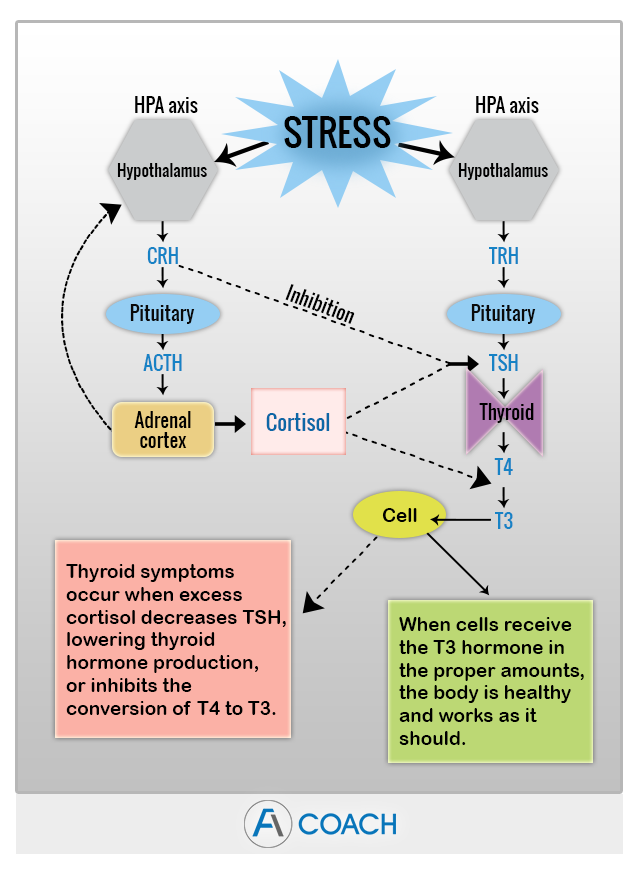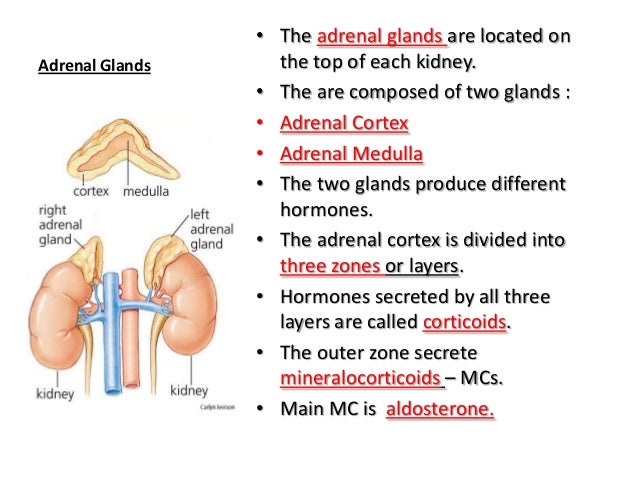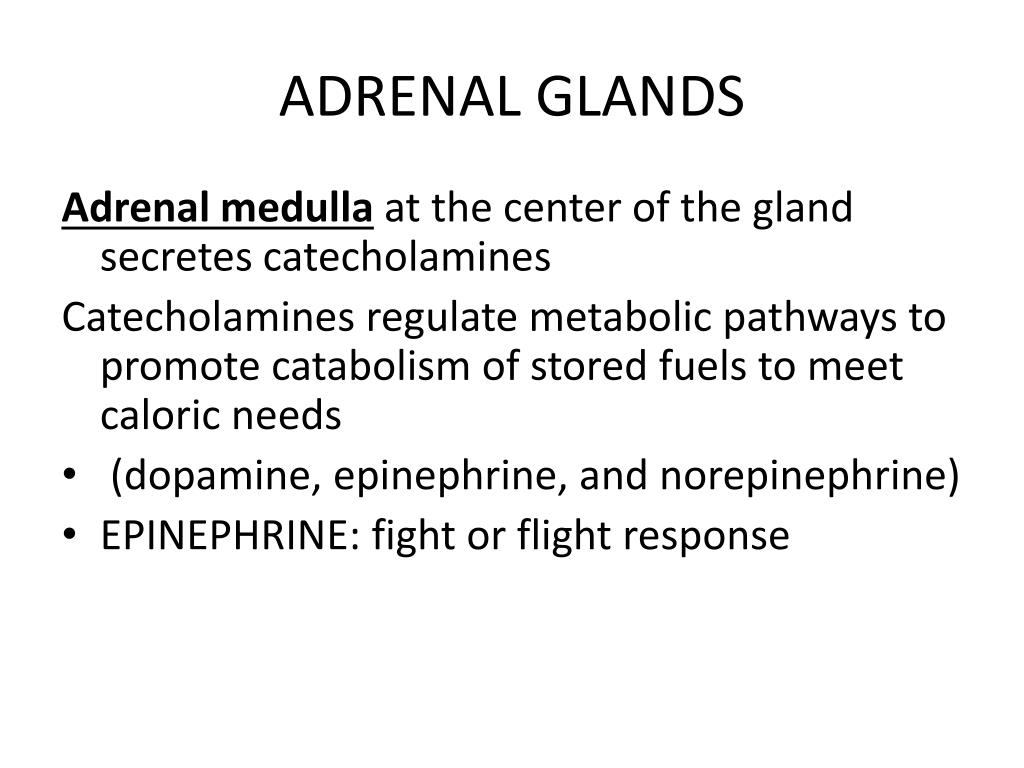
If your body has too much or too little of a certain hormone, the feedback system signals the proper gland or glands to correct the problem. The endocrine's feedback system helps control the balance of hormones in the bloodstream. Endocrine disease due to the development of lesions (such as nodules or tumors) in the endocrine system, which may or may not affect hormone levels.Endocrine disease that results when a gland produces too much or too little of an endocrine hormone, called a hormone imbalance.Causes of Endocrine DisordersĮndocrine disorders are typically grouped into two categories:

Thyroid: A butterfly-shaped gland in the front of the neck that controls metabolism.Įven the slightest hiccup with the function of one or more of these glands can throw off the delicate balance of hormones in your body and lead to an endocrine disorder, or endocrine disease.



Adrenal glands: Two glands that sit on top of the kidneys that release the hormone cortisol.These hormones travel through your blood to other cells and help control or coordinate many body processes. Glands of the Endocrine SystemĮach gland of the endocrine system releases specific hormones into your bloodstream. It plays a vital role in whether or not you develop diabetes, thyroid disease, growth disorders, sexual dysfunction, and a host of other hormone-related disorders. The endocrine system influences how your heart beats, how your bones and tissues grow, even your ability to make a baby. The endocrine system is a network of glands that produce and release hormones that help control many important body functions, including the body's ability to change calories into energy that powers cells and organs.


 0 kommentar(er)
0 kommentar(er)
